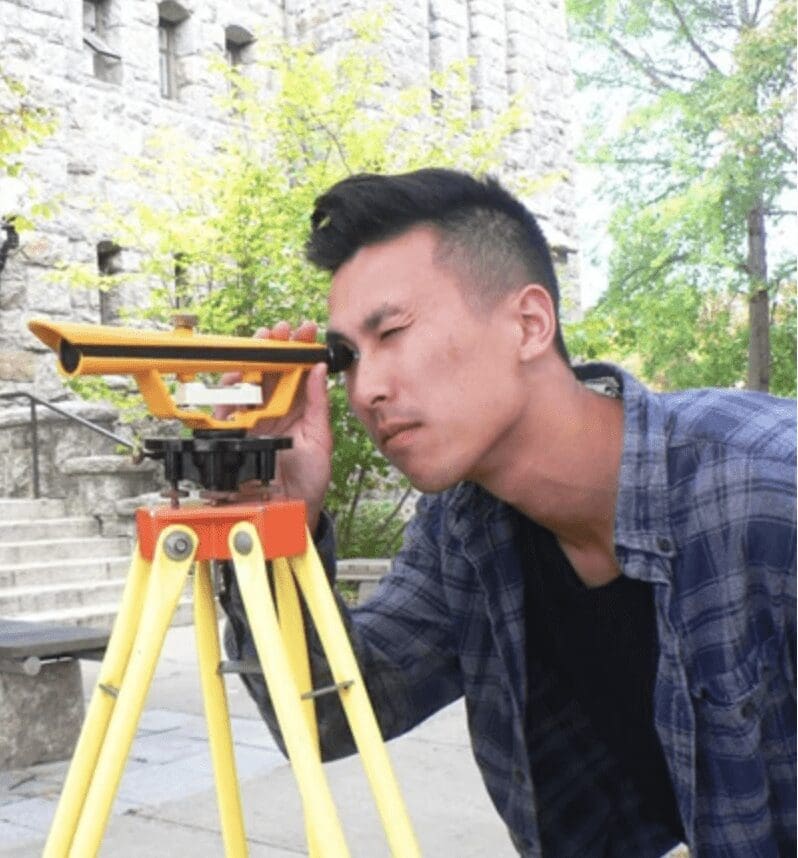Search Posts
Recent Posts
- Rhode Island Weather for June 5, 2025 – Jack Donnelly June 5, 2025
- RI Veterans: Did you know? 05.06.25 (Rental help, events, resources) – John A. Cianci June 5, 2025
- We Cook! Mill’s Tavern Rosemary-Lemon Statler Chicken, Yukon Golds, Haricot Vert and Dijon Demi June 5, 2025
- ICE arrests nearly 1,500 in Massachusetts. First part of “Operation Patriot” – Nantucket Current June 5, 2025
- Rhode Island Weather for June 4, 2025 – Jack Donnelly June 4, 2025
Categories
Subscribe!
Thanks for subscribing! Please check your email for further instructions.

Accelerated bachelor’s to master’s for URI Landscape Architecture program
Master’s in Environmental Science and Management to include specialization in Environmental Design and Planning
The University of Rhode Island’s Department of Landscape Architecture is excited to announce that it will offer a new accelerated bachelor’s to master’s program beginning in the fall 2023 semester. This program will allow students with a Bachelor of Landscape Architecture degree to complete a master’s degree in Environmental Science and Management (MESM) with a specialization in Environmental Design and Planning in one year. Students graduating from the accelerated degree are expected to find employment in state agencies, federal agencies, landscape architecture firms, and multidisciplinary firms that employ professionals such as engineers and urban planners.
Faculty of Practice Jane Buxton says that this innovative step builds on the department’s long-established undergraduate degree. “Our accredited undergraduate program requires that students take a tightly prescribed series of landscape architecture and community planning classes. As a result, the students are not always able to take supporting interdisciplinary classes that could be helpful in their work. The master’s program will allow them to take additional classes in environmental science and management such as hydrology, soil science, ecology, policy, marine affairs, and remote sensing. With an accelerated bachelor’s to master’s program, students will be able to complete the program in five years, graduating not only with a professional landscape architecture undergraduate degree but also with a MESM specialty in Environmental Planning and Design. Furthermore, there are opportunities to earn a Graduate Certificate in Community Planning or GIS concurrently.
“The Master’s in Environmental Science and Management is an interdisciplinary master’s degree program within URI’s College of the Environment and Life Sciences that is focused on preparing students to apply science and technology to environmental issues,” Buxton adds. “The specialization in Environmental Design and Planning uses multidisciplinary approaches to examine the spatial management of human development activities within diverse natural resource and community systems.”
Other students within the MESM program will benefit from the inclusion of landscape architecture students, Buxton explains. “Our students learn various methods of environmental spatial analysis, data visualization, and stakeholder engagement, skills that are of crucial importance in communicating complex scientific ideas. Armed with these abilities, our landscape architecture students are uniquely prepared to bridge the gap between scientific information and the general public’s understanding; this program gives these students the chance to share this important capacity with their peers in the MESM program.”
Putting the new program together took about one year. “Our department was fortunate that we had the support of our colleagues and administrators in the college so that the process went quite smoothly,” she says “There was a feeling that this program would be a welcome complement to the interdisciplinary scholarship in the MESM program and in CELS. This speaks to the innovative and inclusive orientation of our leadership here at URI.”
Buxton adds that the challenges posed by people-place relationships, especially the environmental impacts of climate change, have no simple answers and fall within no single discipline.
“These are complex problems and systems within systems,” Buxton says. “If we seek to better understand these issues, and generate viable solutions, we must have a broad and deep foundation of understanding and collaboration across disciplines.
“Right now, we’re focused on adapting to our changing world and are exploring how we can create more resilient, healthy, ecologically sound, and equitable communities. Our landscape architecture graduates will be the next generation of problem solvers that will craft solutions to these challenges.”
For more about the accelerated bachelor’s to master’s degree program, go to the website.
